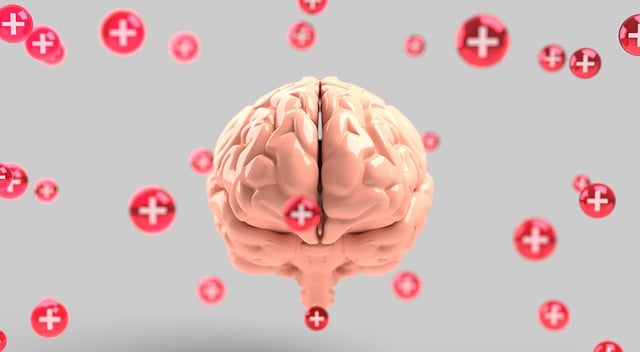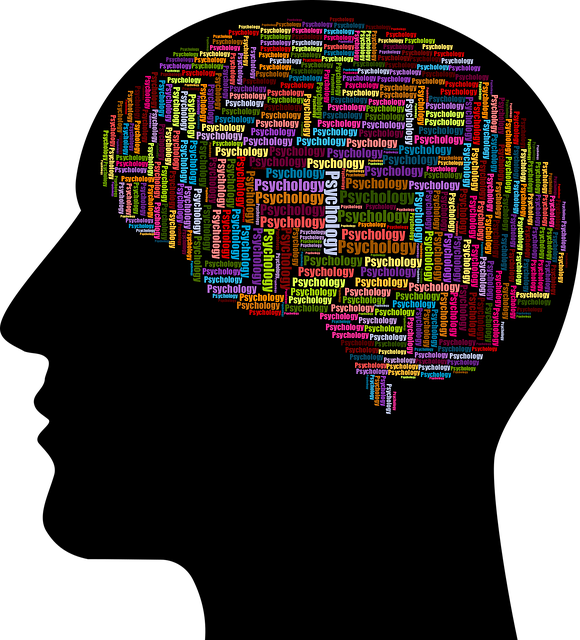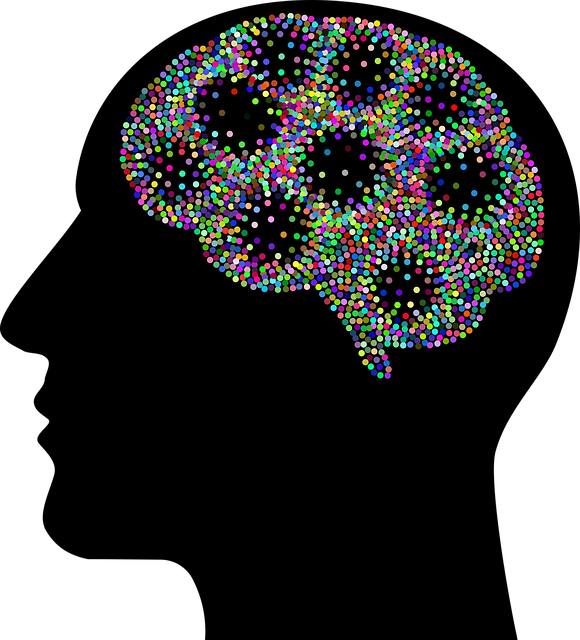Mental health stigma hinders care access and wellness discussions in Denver, prompting a focus on Acceptance and Commitment Therapy (ACT)-based education. Integrating DACT principles into school programs empowers emotional regulation, mindfulness, and resilience through interactive activities, creative arts, and guest speakers. This holistic approach reduces stigma, promotes well-being, and aligns with Mental Health Policy goals, benefiting students, educators, and diverse communities.
Mental health education programs play a vital role in fostering well-being, especially by addressing stigma. This article explores an innovative approach using Denver Acceptance and Commitment Therapy (DACT) principles to design effective educational interventions. We delve into key components such as understanding mental health stigma, integrating DACT techniques, creating comprehensive curricula, and facilitating interactive sessions. By adopting these strategies, educators can revolutionize mental health learning experiences, promoting resilience and open discussions.
- Understanding Mental Health Stigma and Its Impact on Program Design
- Integrating Denver Acceptance and Commitment Therapy (DACT) Principles into Education
- Creating a Comprehensive Curriculum: Topics and Interactive Activities
- Facilitation Techniques for Effective Mental Health Education Sessions
Understanding Mental Health Stigma and Its Impact on Program Design

Mental health stigma is a significant barrier to accessing care and can greatly influence program design. Many individuals still associate seeking help for mental health issues with weakness or personal failure, leading to fear and avoidance. This societal stigma not only prevents people from reaching out but also creates a culture of secrecy, hindering open conversations about mental wellness. Program designers in Denver, known for its thriving Acceptance and Commitment Therapy (ACT) scene, must consider these factors when crafting interventions.
By addressing stigma head-on, programs can foster an environment of acceptance and support. Incorporating education on mental health promotes understanding and challenges negative beliefs. This is crucial for encouraging help-seeking behaviors, especially among younger demographics. For instance, ACT-based programs can teach skills in emotional regulation, anxiety relief, and confidence boosting, which have proven effective in combating internalized stigma. Such an approach not only enhances participants’ willingness to engage but also ensures that educational initiatives are relevant and impactful in the real world.
Integrating Denver Acceptance and Commitment Therapy (DACT) Principles into Education

Integrating Denver Acceptance and Commitment Therapy (DACT) principles into education offers a transformative approach to mental health awareness among students and educators alike. DACT focuses on fostering emotional regulation by encouraging individuals to accept their emotions without judgment and commit to valued actions, promoting well-being. By incorporating these principles into educational settings, schools can facilitate open discussions about mental health, reducing stigma and enhancing resilience.
This therapeutic approach emphasizes the importance of self-awareness and mindfulness in managing stress and difficult emotions. It equips students with skills to navigate life’s challenges, fostering a sense of purpose and engagement. Moreover, DACT encourages community outreach program implementation, enabling mental health professionals to provide tailored support and risk management planning for diverse student populations. This holistic integration prepares individuals to lead fulfilling lives while cultivating a supportive environment within educational institutions.
Creating a Comprehensive Curriculum: Topics and Interactive Activities

A well-rounded mental health education program should incorporate a diverse curriculum that addresses various aspects of emotional and psychological wellbeing. One effective approach is to model the curriculum after established therapeutic methods, such as Denver Acceptance and Commitment Therapy (ACT). ACT focuses on cultivating present-moment awareness, accepting difficult thoughts and feelings, and taking motivated action aligned with personal values. This framework can be translated into engaging learning objectives, allowing participants to develop practical skills for managing stress, anxiety, and depression.
Incorporating interactive activities is key to making the curriculum come alive. These could include group discussions on emotional regulation strategies, role-playing scenarios to practice assertiveness and communication (including Social Skills Training), and mindfulness exercises that encourage individuals to explore their inner strength and resilience. Activities like journaling prompts and creative arts projects can also offer unique avenues for self-expression and reflection, promoting a sense of safety and fostering positive thinking.
Facilitation Techniques for Effective Mental Health Education Sessions

Engaging facilitation techniques are key to delivering impactful mental health education sessions. Interactive activities, such as group discussions and role-playing scenarios, allow participants to actively participate and apply learned concepts in practical contexts. These methods foster a sense of community and encourage open dialogue, making complex topics more digestible. For instance, Denver Acceptance and Commitment Therapy (ACT) principles can be effectively demonstrated through scenario presentations, where attendees practice mindfulness techniques and value clarification exercises.
Additionally, incorporating diverse media, like videos and guest speakers with personal experiences, adds depth to the learning experience. These techniques not only enhance understanding but also promote empathy and normalise conversations around mental health. A well-structured program should balance educational content with practical skills development, including stress management strategies and confidence-boosting exercises, aligning with broader Mental Health Policy Analysis and Advocacy goals.
Mental health education programs play a pivotal role in fostering understanding and reducing stigma. By integrating Denver Acceptance and Commitment Therapy (DACT) principles, curriculum designers can create comprehensive, interactive sessions that effectively address various mental health topics. This approach not only educates but also empowers individuals to take charge of their well-being. Facilitation techniques should emphasize active engagement, ensuring every learner feels valued and supported in navigating the complex landscape of mental health. Ultimately, a well-designed program can revolutionize how we discuss and support mental health in educational settings.














